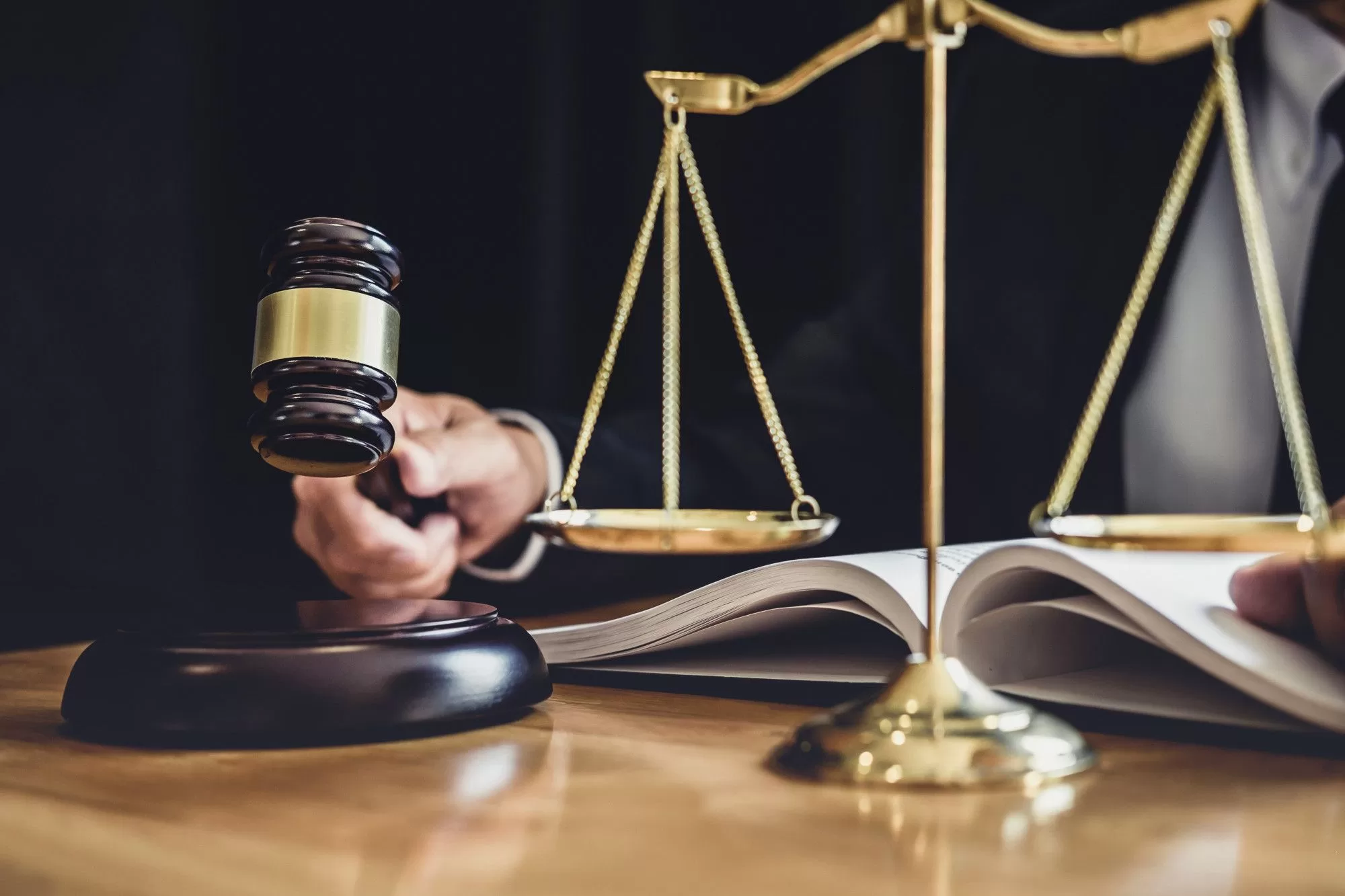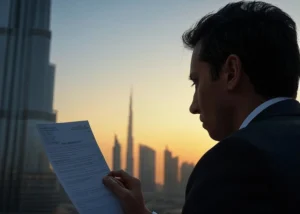The United Arab Emirates (UAE) has a well-structured judicial system that blends civil law principles with Islamic Sharia law, ensuring fairness, transparency, and justice. Here’s a detailed overview of its key aspects:
- Dual Court System
The UAE operates a dual court system consisting of:
- Federal Courts: Governed by the Federal Judicial Authority, applicable across most emirates.
- Local Judicial Systems: Some emirates, like Abu Dhabi, Dubai, and Ras Al Khaimah, maintain independent judicial systems that function alongside federal courts.
- Structure of Courts
The UAE judiciary is structured in a hierarchical manner:
- Courts of First Instance
- Role: Handle civil, criminal, and commercial disputes at the primary level.
- Jurisdiction: Divided into specialized branches, including civil, criminal, labor, personal status, and commercial matters.
- Courts of Appeal
- Role: Review decisions made by the Courts of First Instance upon appeal.
- Scope: Ensure that the rulings comply with UAE laws and procedures.
- Court of Cassation
- Role: The highest court, handling appeals on points of law rather than facts.
- Jurisdiction: Ensures the uniform application of the law and finalizes disputes.
- Types of Law in the UAE
The UAE judicial system applies various types of law:
- Civil Law
- Covers commercial disputes, contracts, property, and other civil matters.
- Based on codified laws derived from Roman and French civil law traditions.
- Criminal Law
- Addresses offenses like theft, fraud, assault, and cybercrime.
- Punishments can include fines, imprisonment, or deportation for expatriates.
- Sharia Law
- Governs personal status matters such as marriage, divorce, inheritance, and custody.
- Applied in personal disputes for Muslims, but non-Muslims can follow civil laws if specified.
- Personal Status Laws
- Muslims: Personal matters are generally governed by Islamic Sharia principles.
- Non-Muslims: The UAE has introduced laws allowing non-Muslims to follow civil frameworks for personal status issues like marriage and inheritance.
- Key Features of the Judicial System
- Independence
- Courts operate independently, ensuring impartiality and adherence to the rule of law.
- Bilingual Proceedings
- Cases are typically conducted in Arabic, but translators are provided for non-Arabic speakers.
- Free Zones
- Some free zones, like the Dubai International Financial Centre (DIFC) and the Abu Dhabi Global Market (ADGM), have independent legal systems based on English common law for commercial matters.
- Filing a Case in the UAE
- Cases are filed through local courts or free zone courts, depending on jurisdiction.
- Parties must submit supporting documents, usually translated into Arabic.
- Mediation and arbitration are encouraged as alternatives to litigation.
- Arbitration and Alternative Dispute Resolution (ADR)
- The UAE is a global hub for arbitration, governed by the UAE Arbitration Law (Federal Law No. 6 of 2018).
- Institutions like the Dubai International Arbitration Centre (DIAC) and the ADGM Arbitration Centre provide platforms for resolving disputes outside the courts.
- Rights of Defendants
- Right to a fair trial.
- Legal representation is allowed, with the state providing representation in certain criminal cases.
- Right to appeal decisions to higher courts.
- Notable Legal Reforms
- Introduction of non-Muslim family laws for expatriates.
- Recent updates to criminal and civil codes to modernize laws and promote investment.
- Enhanced labor protections under the UAE Labor Law (Federal Decree-Law No. 33 of 2021).
- Enforcement of Judgments
- Local court judgments are enforceable across the UAE.
- The UAE is a signatory to international agreements like the New York Convention, ensuring the recognition and enforcement of foreign arbitral awards.
- Legal Assistance
- Residents and expatriates can seek assistance from law firms or government legal aid.
- The UAE Ministry of Justice provides services for case tracking and legal advice.
- Challenges and Considerations
- Understanding Legal Procedures: Navigating the legal system requires familiarity with UAE laws and court requirements.
- Cultural Sensitivity: The UAE’s legal system reflects cultural and religious values, so adherence to local customs is crucial.
Conclusion
The UAE judicial system is a dynamic and robust framework that ensures justice and supports the country’s rapid economic growth. With a balance between tradition and modernity, it provides mechanisms for fair dispute resolution, making it a trusted jurisdiction for residents, expatriates, and businesses alike.






